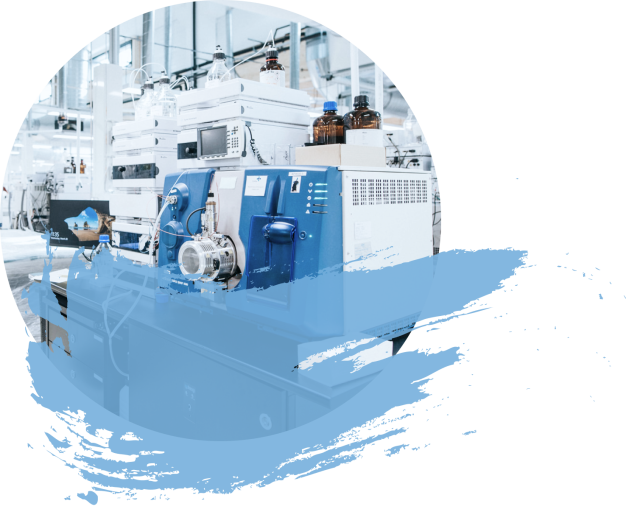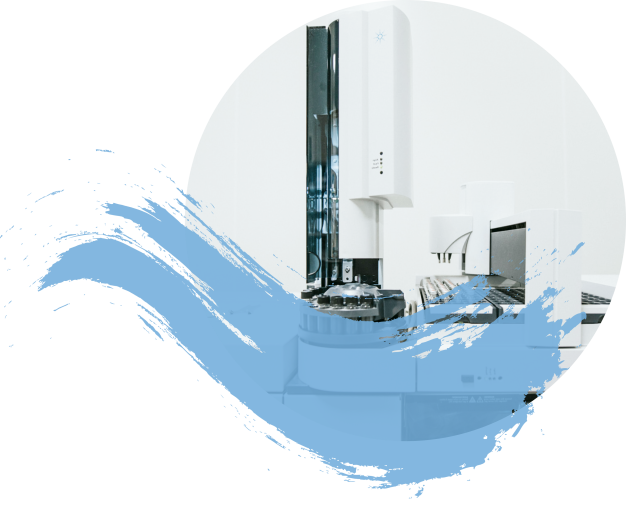Specialized biochemistry is a key activity within the Cerba laboratory, involving numerous technical units and a team of dedicated expert medical biologists.
We support health professionals in the care of their patients in most medical specialties and pathologies: urinary stones, cancers, screening for Down syndrome, functional study of organs, hepatic fibrosis, hormonology, renal infections, inflammatory diseases, metabolic diseases, neurodegenerative diseases
A historical
discipline of Cerba


A large range of techniques on a single platform
On a single platform, Cerba centralizes a very wide panel of specialized biochemistry techniques, from long-established procedures to the most innovative, from highly manual tasks to highly automated. In particular, we carry out tests which require a very high level of expertise and high-value equipment (mass spectrometry, gel techniques, liquid or gas chromatography, etc.).

Reference techniques & know-how
We maintain our know-how and expertise in long-established techniques that still set the standard today. This is the case of radioimmunoassay, or RIA, which is still very useful in hormonology thanks to its high sensitivity (e.g. for measuring hormones in children). Also infra-red spectrometry, the only technique today that can accurately identify the various components present in urinary calculi, and thus guide diagnosis and treatment.

Reference Medical Biology Laboratory
Proving of its level of excellence, Cerba is recognized as an LBMR (Reference Clinical Pathology Laboratory) at a national level for three disciplines in specialized biochemistry: the somatotropic axis, the gonadotropic axis and alpha1-antitrypsin deficiency. Our specialized biochemistry team is also involved in public-private partnerships, such as the LysoNeo program, run by Rouen University Hospital to assess the feasibility of extending neonatal screening to lysosomal diseases.


